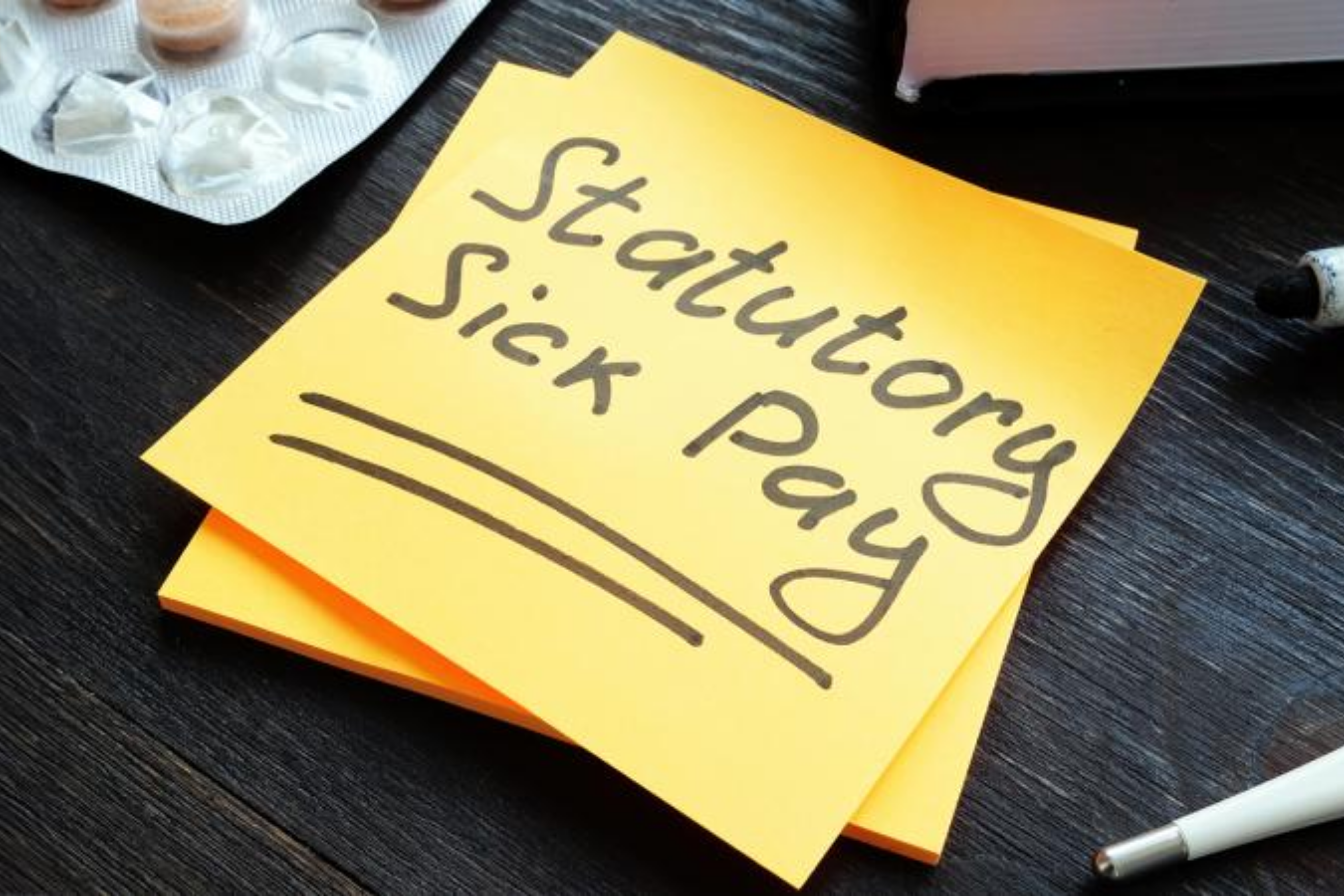Changes to Payroll and Business in the October 2021 Budget

Budget October 2021 and EU developments
Whilst this year’s budget did not introduce significant changes, it was extensive. There were 42 policy papers produced in the budget, and many of these will only impact a few businesses. Here we look at the key items that will impact most businesses. It also should not be forgotten that there were a number of changes introduced in the March 2021 budget that are important for businesses to consider.
National Living Wage
Employers need to be aware of the new national living wage amounts that apply from 1 April 2022. There are a variety of rates that are to be recommended by the Low Pay Commission; the main rate for individuals aged 23 and over will increase to £9.50 an hour.
National Insurance
National Insurance Contributions will increase by 1.25% for 2022/23. NI rates will reduce to the current level in the following year when a new Health and Social Care Levy will be introduced. It should be noted that this levy will apply to earnings that do not normally attract NIC charges (such as the earnings of persons above the State Pension age) and employers need to ensure systems capture this levy on payments made to employees that do not incur NICs.
Corporation Tax
It was announced in an earlier budget that corporation tax is increasing from 1 April 2024 to 25% for companies with profits over £250,000. This reintroduces the small profits rate that had previously been abolished. Businesses with profits up to £50,000 will be taxed at 19%. There is a taper calculation for profits between £50,000 and £250,000, which gives an effective marginal rate of 26.5% on profits between these limits (as the rate rises from 19% to 25%). Clearly, this gives an incentive to make profits below the £50,000 limit and to avoid the higher effective marginal rates. It should be noted that these thresholds are divided between companies under common control. This reintroduces a planning need to ensure that profits are not excessively taxed.
Capital Allowances
Enhanced capital allowances were introduced for qualifying expenditure for plant and machinery incurred from 1 April 2021 to 31 March 2023. A super deduction of 130% is provided for items that would normally qualify for the 18% writing down allowance and a 50% allowance for items qualifying for the 6% writing down allowance. Where accounting periods straddle the introduction of the 25% corporation tax rate, an adjustment is required so that relief of the 25% rate is not claimed. The 100% Annual Investment Allowance (AIA) is available for expenditure of up to £1 million and has been extended until 31 March 2023. The AIA is not being reduced from 1 January 2022 as previously announced. Businesses may need to seek advice as to which relief is more beneficial (the 50% allowance or the 100% AIA) and also the timing of the reliefs due to the change in tax rates. In addition, businesses that may be eligible for Research and Development reliefs should seek specialist advice.
Dividends
Tax rates on dividends over £2000 are increasing by 1.25% for the tax year 2022/23. The new rates are:
| New rate | Old rate | |
| Basic rate | 8.75% | 7.5% |
| Upper rate | 33.75% | 32.5% |
| Additional rate | 39.35% | 38.1% |
The 33.75% rate also applies to close company loans to participators that are not repaid within nine months of the end of the accounting period.
Basis Period Change
The period used for accounting for tax is changing for sole traders and persons that are members of a partnership, including a limited liability partnership. A change in the basis period can always cause confusion, so a little bit of planning will be prudent.
Currently the profits assessed for a tax year are those in the basis period. The basis period is normally the accounting period ending in the tax year. As this may not correctly tax all profits made, there are special rules that apply for the years commencing and ceasing trade. This can mean profits are taxed twice and this double charge is not relieved until the cessation of trade.
This complication is being removed by changing the way profits are taxed and will apply from 2024/25 (a year later than originally planned). From this tax year, profits will be taxed in the tax year that they arise. This will be achieved by apportioning accounting periods that do not have a 31 March or 5 April year-end.
Example — if the business has a year-end of 31 May, the profits that are taxed for the tax year 2025/26 will be two months of the 31 May 2025 year profits and ten months of the 31 May 2026 profits.
The 2023/24 tax year will be a transitional year for the change from the old method of assessment to the new basis of assessment. Up to 23 months of profits will be assessed in that year, with relief being provided for any profits already taxed. This can result in a business having a large increase in taxable profits for 2023/24. These additional profits can be spread over 5 years (although the business can opt out of spreading and tax all the profits in 2023/24).
A business that has an accounting period that ends early in the tax year (such as 30 April) will have its profits taxed earlier and this may have a cash flow implication.
It is advisable for businesses to seek professional advice to determine the impact this change of accounting basis will have on them.
Making Tax Digital for Income Tax
The introduction of Making Tax Digital has been delayed to the 2024/25 tax year for sole traders and landlords. It has been delayed for a further year for general partnerships.

The current disputes between the UK and France could cause significant problems for importers and exporters. French authorities have been suggesting that ports may be closed and paperwork will be examined closely to cause delays to both exports and imports. Whatever the rights or wrongs of the dispute, businesses need to prepare to ensure their imports and exports are processed with as little delay as possible.
As an ex-customs officer, the writer is aware that goods can be delayed for little reason, even if all paperwork is in order. There are few options to forestall these delays if customs officers are being intransigent. Options for compensation are also often limited.
It is likely that the main choke points will be Calais and Boulogne. Businesses may wish to consider other routes into the EU, particularly using Dutch or Belgian ports, or air transport direct to the customer. Businesses also need to ensure that their paperwork is completed perfectly; double-checking paperwork is advisable. A further tip is to avoid groupage (that is containers shared with other shippers) where possible. If the other shipper has goods that are subject to delay, all the goods in the container will be delayed.








Comments